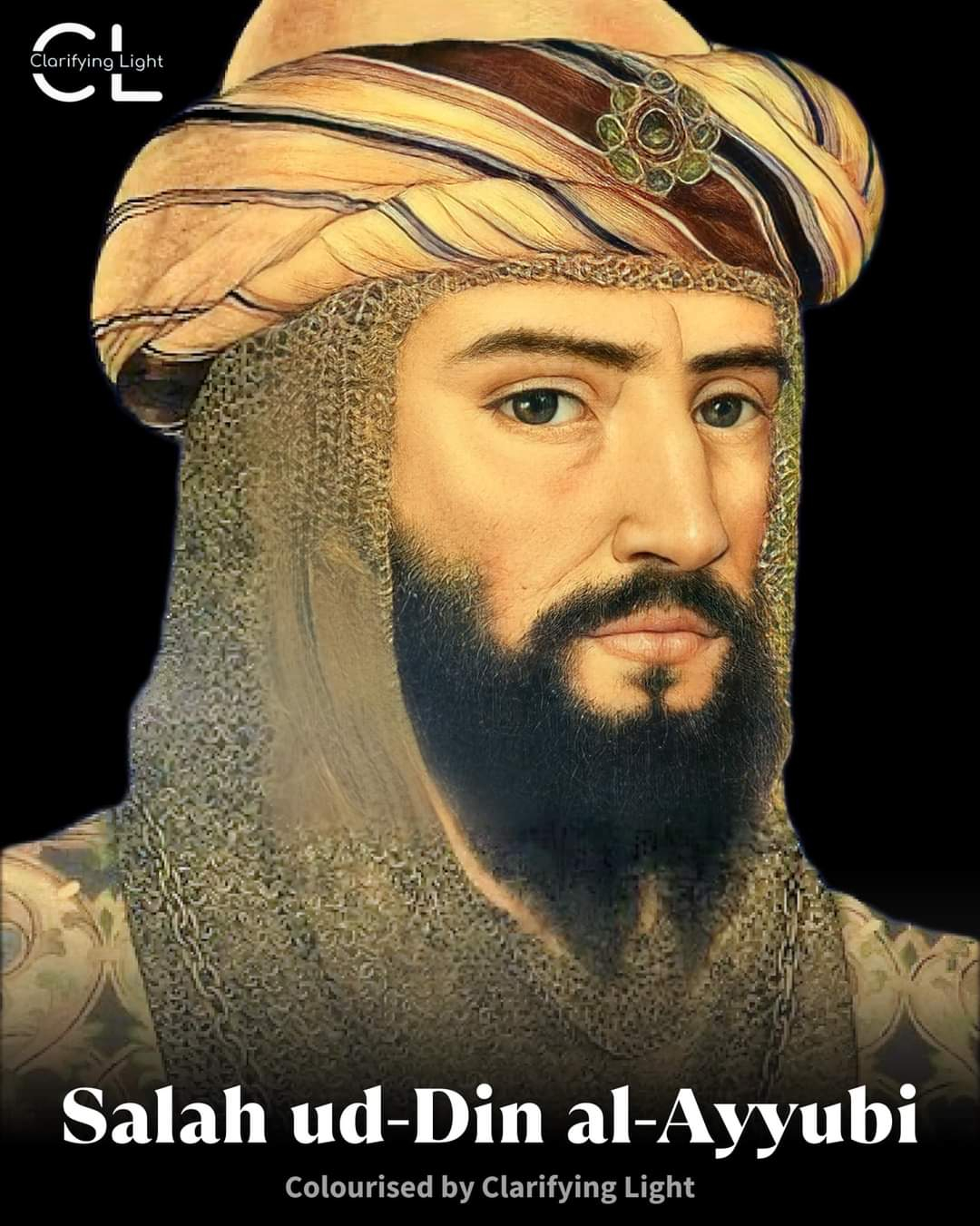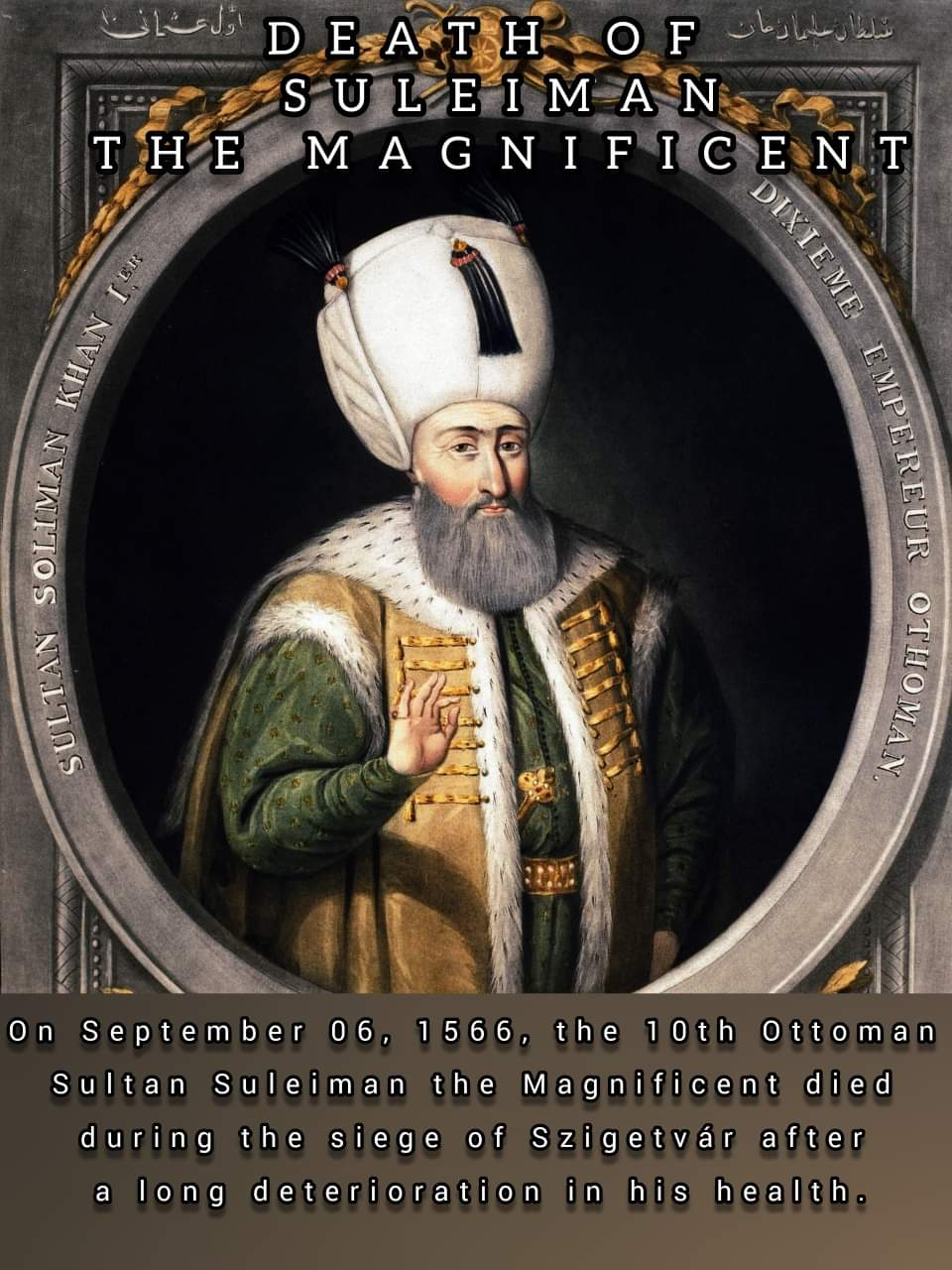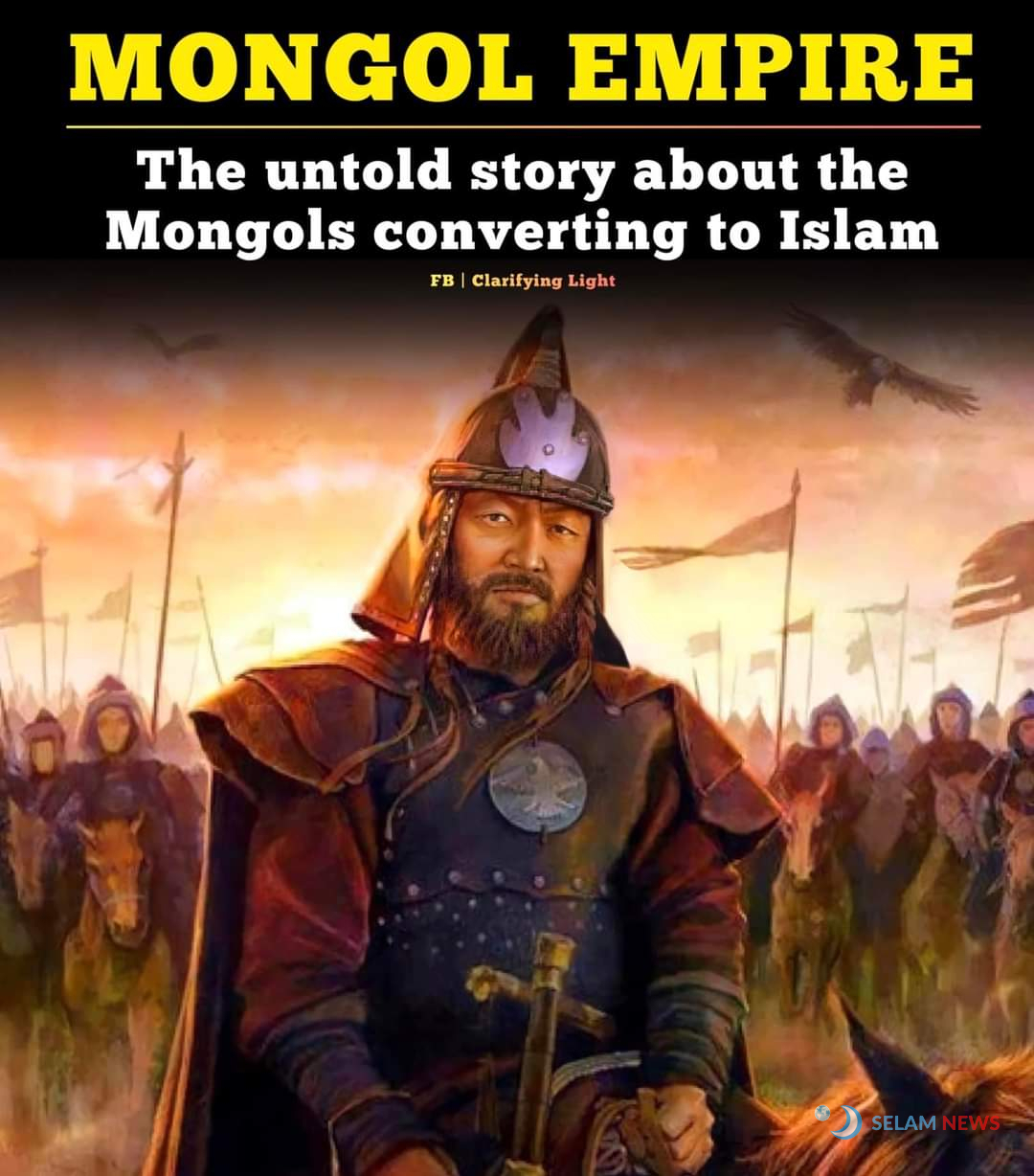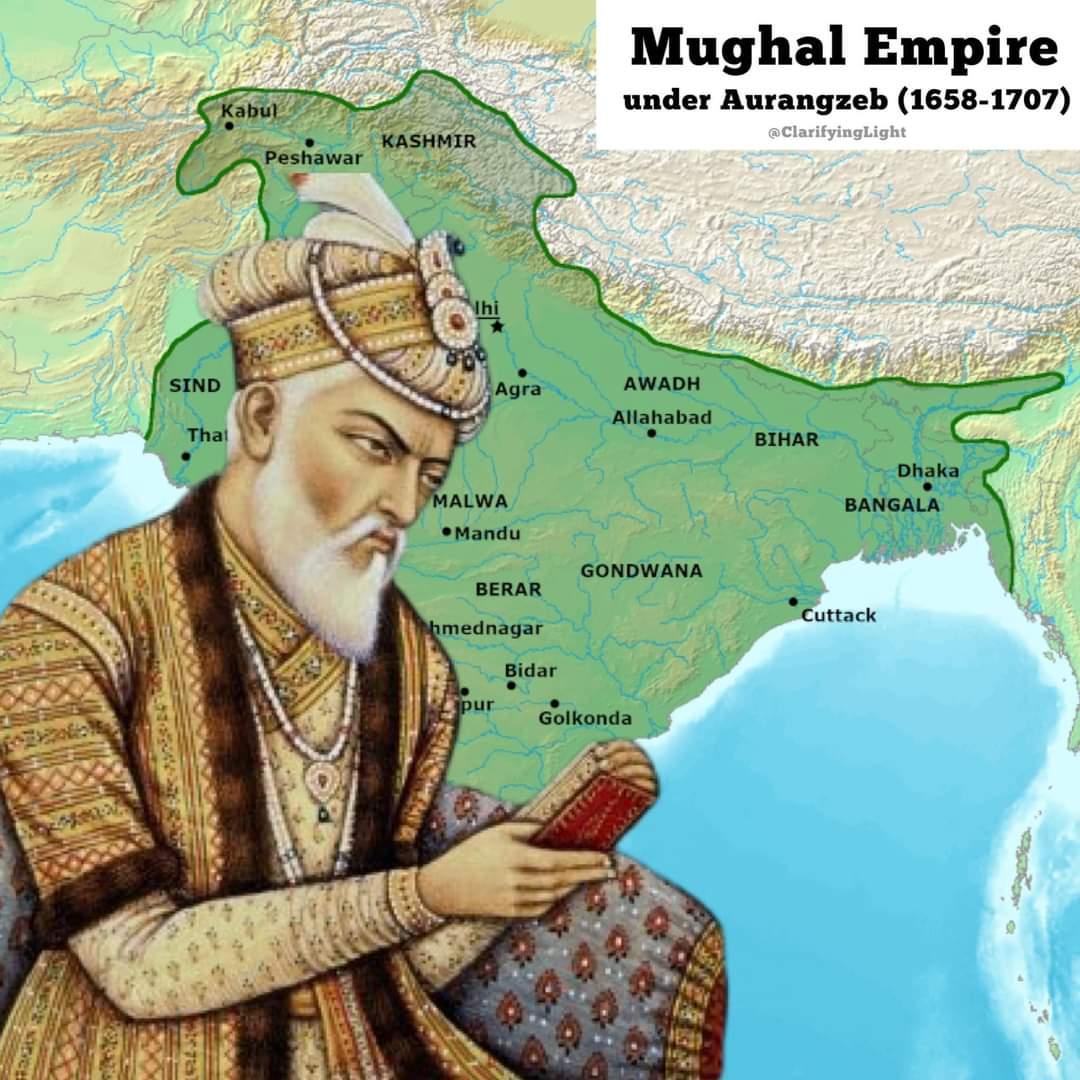#OnThisDay in 1227 the leader Genghiz Khan died.
Do you know that in the 13th century, the great Mongol Khan (leader) of the Golden Horde became a Muslim, and declared vengeance on his cousin, Hulagu Khan, who had invaded Islamic lands and massacred its people in the year 1258?
Fearless, sophisticated weaponry, and brutal tactics: this moderately sums up the Mongol Empire. Their reputation as merciless fighters – who ravaged Muslim lands, levelling entire cities and leaving nothing but death and destruction in their wake. However, the total destruction of the Islamic empire was completed through the capture and raze of Baghdad by the Mongols and brought an end to the 'Golden Age of Islām.'
In 1255 Hulagu Khan, the grandson of Genghiz Khan, was charged by the new Mongol ruler to destroy all remaining Muslim powers between Iran and the Mediterranean, leading to the Mongol excursions into Syria and Iraq, and resulting in the fall of Baghdad. The destruction of the great city remains a pivotal moment in history, a disaster by any standards.
As fate would have it, from the ashes of the Caliphate, a new Muslim empire would eventually arise, beginning first with the Khans of the Golden Horde.
Berke Khan, also a grandson of Genghiz Khan, is believed to be the earliest Muslim convert among the Mongols and he ruled over the Golden Horde for ten years until his death. Some historians believe that Berke’s intervention, busying Hulagu with inter-Mongol disputes, prevented him from inflicting the sacred lands of Islām; Makkah, Madīnah, and Jerusalem!
The barbaric Mongol empire changed after converting to Islām that helped to bring unity to their empire. They made Persian and to some extent Turkish as their language and rebuilt Iranian cities they destroyed.
Not only did Mongols in all previously Muslim areas eventually convert to Islām, but also later expanded in some steppe areas where it had not previously prevailed, as in Kazakhstan. Islām survived, is surviving, and will forever survive, however, the vast destruction caused by the Mongol invasions, especially in the period 1219-1260, was a great setback for the Muslim world.
It is Allāh سبحانه و تعالى who guides whom He wills.
#OnThisDay in 1227 the leader Genghiz Khan died.
Do you know that in the 13th century, the great Mongol Khan (leader) of the Golden Horde became a Muslim, and declared vengeance on his cousin, Hulagu Khan, who had invaded Islamic lands and massacred its people in the year 1258?
Fearless, sophisticated weaponry, and brutal tactics: this moderately sums up the Mongol Empire. Their reputation as merciless fighters – who ravaged Muslim lands, levelling entire cities and leaving nothing but death and destruction in their wake. However, the total destruction of the Islamic empire was completed through the capture and raze of Baghdad by the Mongols and brought an end to the 'Golden Age of Islām.'
In 1255 Hulagu Khan, the grandson of Genghiz Khan, was charged by the new Mongol ruler to destroy all remaining Muslim powers between Iran and the Mediterranean, leading to the Mongol excursions into Syria and Iraq, and resulting in the fall of Baghdad. The destruction of the great city remains a pivotal moment in history, a disaster by any standards.
As fate would have it, from the ashes of the Caliphate, a new Muslim empire would eventually arise, beginning first with the Khans of the Golden Horde.
Berke Khan, also a grandson of Genghiz Khan, is believed to be the earliest Muslim convert among the Mongols and he ruled over the Golden Horde for ten years until his death. Some historians believe that Berke’s intervention, busying Hulagu with inter-Mongol disputes, prevented him from inflicting the sacred lands of Islām; Makkah, Madīnah, and Jerusalem!
The barbaric Mongol empire changed after converting to Islām that helped to bring unity to their empire. They made Persian and to some extent Turkish as their language and rebuilt Iranian cities they destroyed.
Not only did Mongols in all previously Muslim areas eventually convert to Islām, but also later expanded in some steppe areas where it had not previously prevailed, as in Kazakhstan. Islām survived, is surviving, and will forever survive, however, the vast destruction caused by the Mongol invasions, especially in the period 1219-1260, was a great setback for the Muslim world.
It is Allāh سبحانه و تعالى who guides whom He wills.







